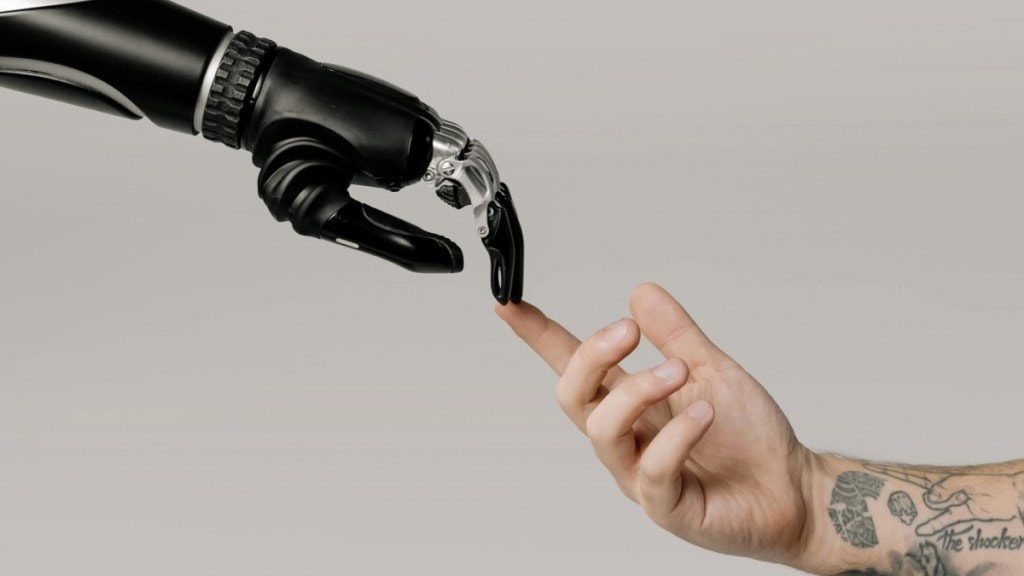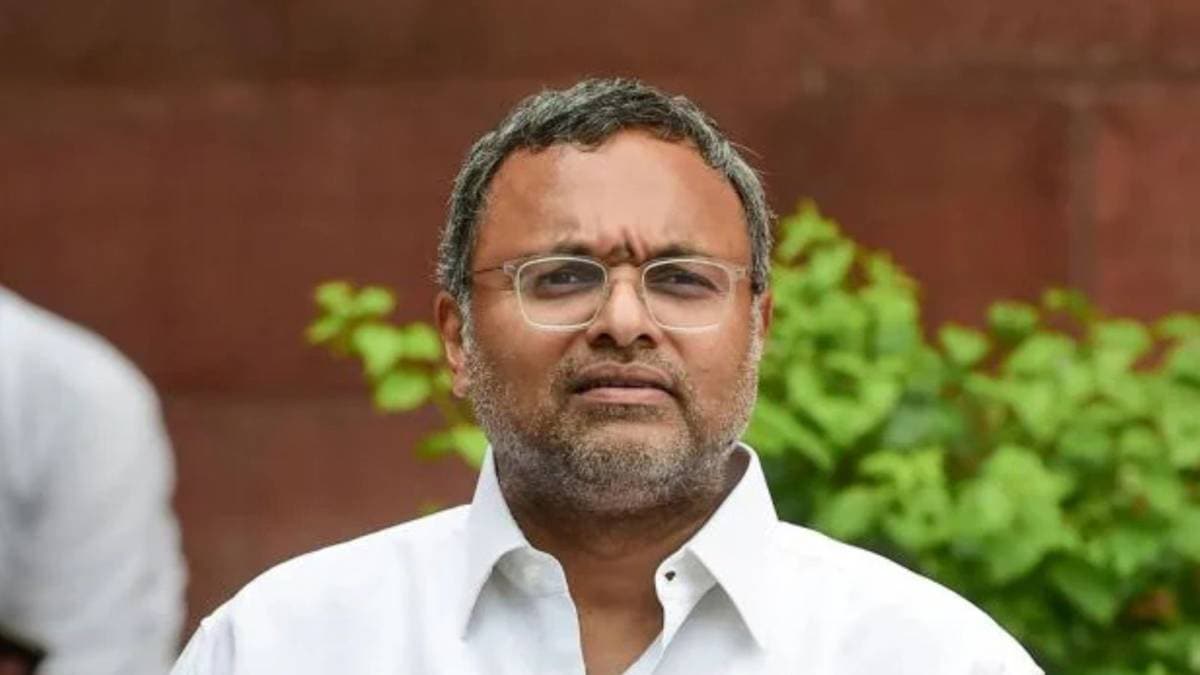In the bustling heart of India’s rapidly modernising economy, a quiet revolution is underway—one not led by machinery or traditional industry, but by algorithms and intelligent systems. Artificial Intelligence (AI), once the domain of science fiction, is now the unseen force driving real change across every sector, transforming the very fabric of how India learns, builds, governs and grows.
From hospital corridors to village classrooms, corporate boardrooms to municipal water plants, AI is weaving itself into the nation’s infrastructure. The scale of this transformation is staggering. NASSCOM estimates that AI could contribute between $450–500 billion to India’s GDP by 2025, nearly 10% of the country’s ambitious $5 trillion economic target. More than 10,000 AI-focused startups have emerged across the country, growing at a phenomenal 25–30% year-on-year. They’re not just disrupting—they’re solving, innovating, and building a future tailored to India’s diverse and complex needs.
In the education sector, P.K. Samal saw the shift coming early. As Founder and Managing Director of Edovu Ventures, he envisioned classrooms that didn’t just deliver lessons but responded to each student’s unique pace and needs. Today, that vision is alive through platforms like eduXLL, K12 Schools and EduGlobal Tutions where AI adapts in real time to students, and AR/VR tools make abstract concepts tangible.
“AI is not just enhancing education; it is reinventing it across personalised learning, efficient administration, and immersive classrooms,” says Samal. “At Edovu Ventures, we are pioneering a future where K-12 and higher education become hyper-personalized and predictive… Our AI-driven systems adapt in real time and deliver AR/VR-powered experiences that bring learning to life. Studies show AI can improve learning outcomes by over 30%. With supportive government policies, AI can bridge learning gaps and build a truly inclusive, future-ready education ecosystem.”
India is quietly rethinking its approach to sustainability. In cities where the demand for power and water grows with each passing day, BOOTES, an infrastructure firm led by Deepak Rai, is turning to AI to maintain balance. Buildings under BOOTES’ management aren’t just passive structures—they think, learn, and optimise.
“BOOTES achieves perpetual sustainable infrastructure by using AI technology systems,” Rai explains. “AI-controlled systems monitor human activities in real-time for the management of energy consumption in buildings and water usage as well as waste output… Artificial Intelligence provides benefits that extend further than Indian Net-Zero development because it advances nationwide innovation throughout the nation.”
Further down the digital frontier, Pawan Kaushal of Biocipher Technologies is reimagining how humans and machines talk to each other. His company’s AI platform, Pixabit, isn’t just answering customer queries—it’s handling complex, multilingual conversations in real time, powering businesses as diverse as Porsche, Times Internet, and government platforms.
“At Biocipher, our AI-powered platform Pixabit is transforming real-time, multilingual conversations through intelligent voice and text bot agents,” says Kaushal. “Trusted by leaders like Times Internet, RailTel, Porsche, and FinTech innovators, Pixabit empowers round-the-clock, borderless operations while delivering measurable gains in customer experience, growth, and TCQ efficiency.”
What binds these diverse innovations is a shared belief: that AI is not a tool to be added to business—it is the foundation of the future. As India marches forward, it is not merely adapting to AI but shaping it, building a digital economy where innovation is inclusive and transformation is measurable.
In a world still finding its footing with AI, India is already running—and leading.








